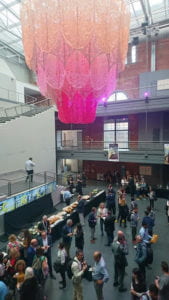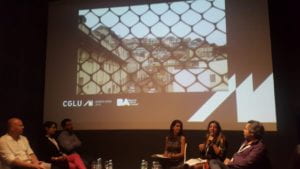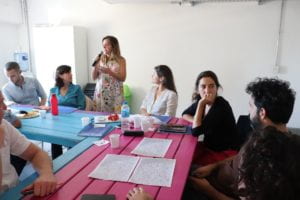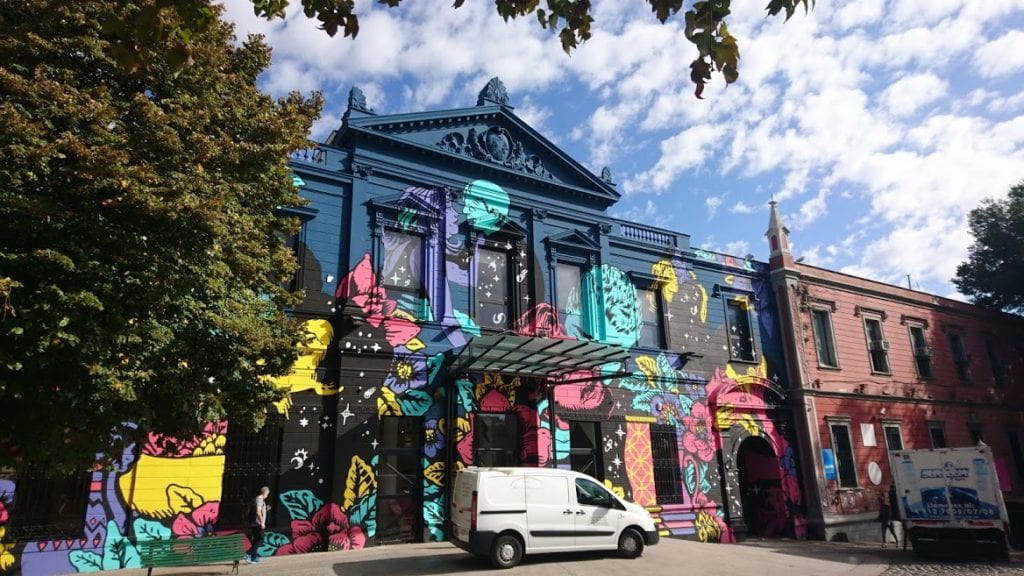
Photo by Cecilia Dinardi
The third global summit of the United Cities and Local Governments (UCLG) took place in Buenos Aires between 3rd-5th April at the converted power plant Usina del Arte in the neighbourhood of La Boca. The summit gathered 700 participants from across the world working in and on the cultural sector, specifically representatives from local governments, national governments, civil society organisations and international organisations to discuss the current position of culture in global agendas.
Dr Cecilia Dinardi, ICCE, was at a panel moderated by Dr Beatriz García (University of Liverpool) on City and data: organic constructions of cultural dynamics where she discussed the potential of ethnographic approaches to understanding the social life of cultural infrastructures, as well as the need to triangulate data to complement mapping exercises, cultural indicators and other statistics on cultural consumption. The panel consisted of presentations by the Head of Data Cultura from the Government of the

UCLG panel at Usina del Arte
City of Buenos Aires, the Director of SINCA – the national system of cultural information of Argentina –, the Director of the Cultural Observatory from the Economics Faculty of the Universidad de Buenos Aires, and a representative from Wikimedia Argentina.

Photo by Ceciliy Chua
Prior to the summit, Cecilia was invited by the London-based NGO Theatrum Mundi to participate of a workshop on Making Cultural Infrastructure at Centro Cultural Recoleta with representatives from local cultural centres, music venues, festival organisers, artists, academic researchers and the Buenos Aires government teams of cultural statistics and urban planning. The workshop was aimed at understanding and discussing the various conditions that support cultural and artistic production in the city and how cultural policy might better support them. It followed a series of visits to independent theatres, artists workshops and arts districts to document infrastructures of cultural production through observations, interviews and photographs.

Centro Cultural Recoleta